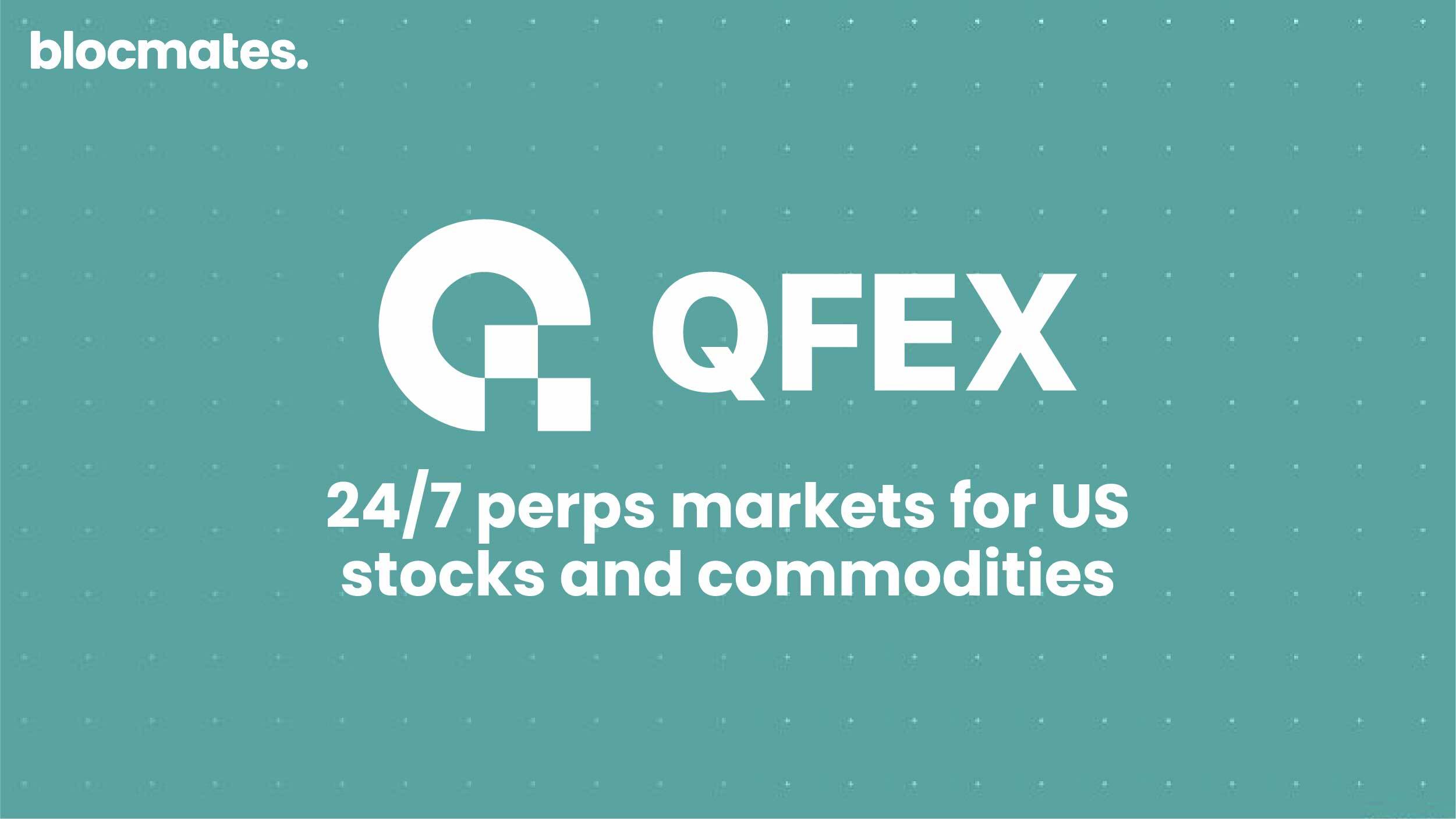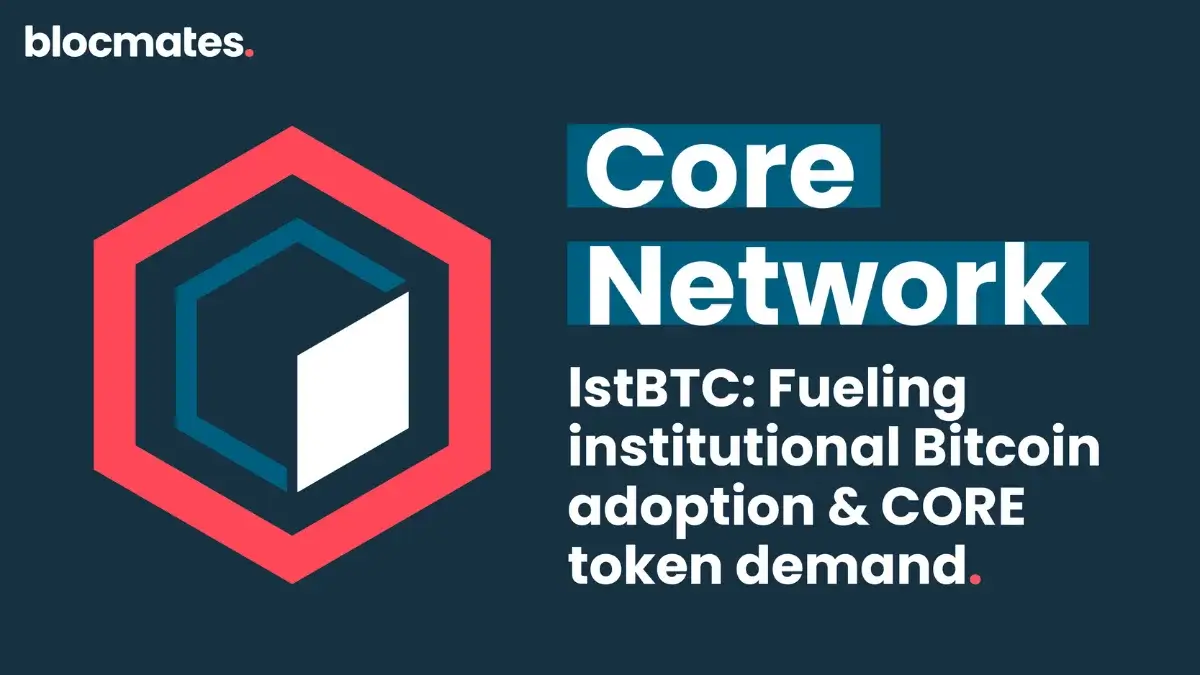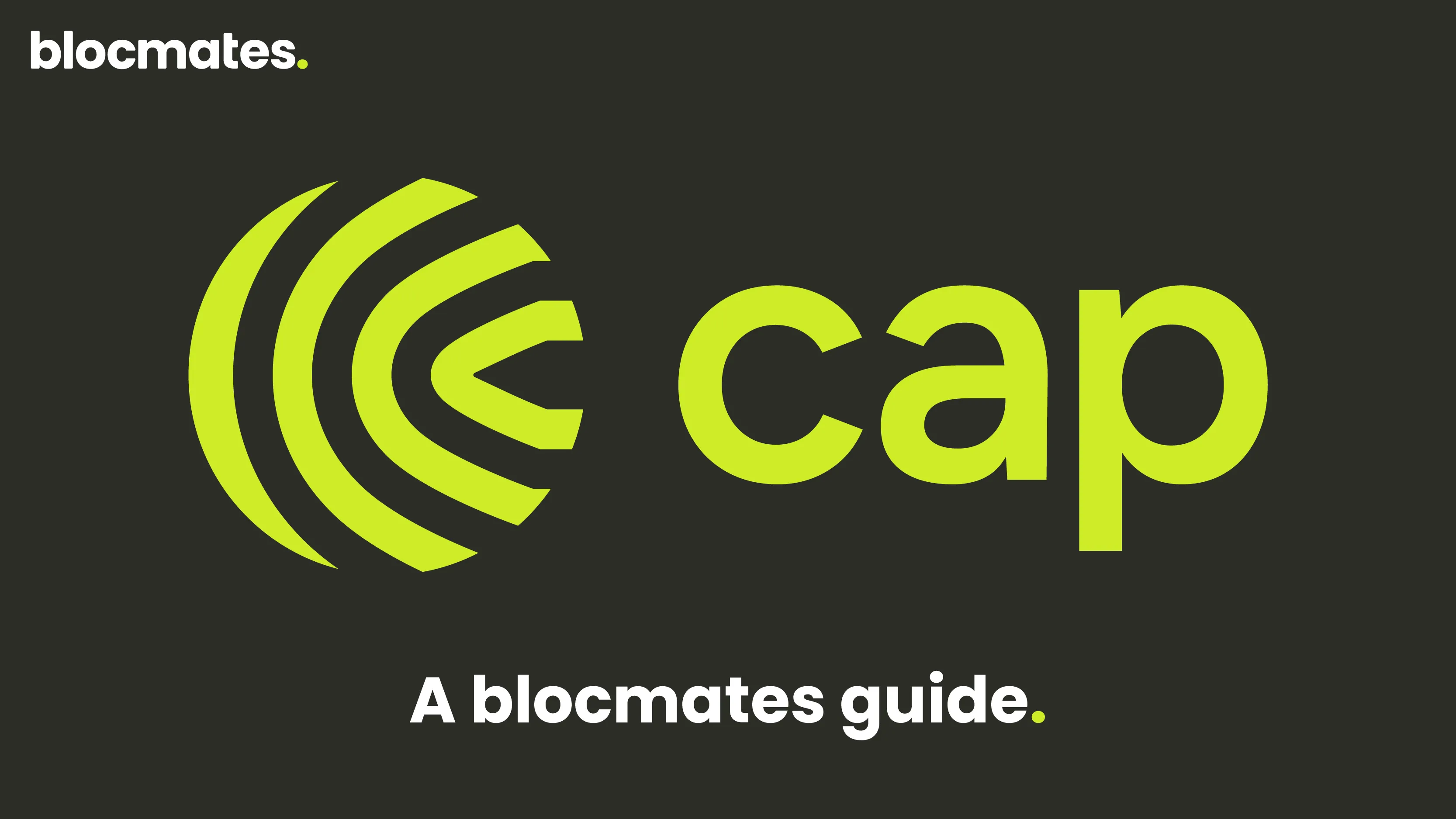The ancient Romans understood that entertainment is a fundamental aspect of the human experience. Each year, they would organize roughly 10 to 12 Colosseum games, which were paid for by the emperor. Gladiators took center stage in these events and were highly regarded in society, akin to modern-day celebrities.
Children wanted to grow up like them, while women dreamed they’d get to marry one. Initially, the games were designed to amuse the lower classes and uplift their morale. As time passed, they became an ever-more-spectacular event. They morphed into a social gathering where politicians, government officials, and other high-society people could meet and discuss important matters.

Thousands of years later, entertainment's role in our society has remained indispensable, and the possibilities for indulgence are genuinely endless. It doesn’t matter whether you attend a concert, see a movie, or watch the Super Bowl; these events are moments when we can escape our everyday struggles, socialize with our friends and family, and meet other like-minded people.
It’s safe to say that entertainment will never go away but will surely continue evolving.
Ticketing industry
A critical part of modern-day entertainment is the ticketing industry, which helps facilitate and make the event process as smooth as possible. This simple yet crucial aspect has grown into a massive industry, poised to reach a global valuation of 90 Billion dollars in 2024.

From simple entry cards that gave access to the Colosseum to digital tickets readily available on our smartphones, the functionality of a ticket has evolved with time. Yet, this sector still faces many challenges.
The problems plaguing this industry are the usual suspects, such as fraud and scamming, and extend to ticket scalping, which inflates ticket prices. Not only that, but the younger generations are increasingly demanding everything to be digitized, which means ticket providers have to think of new ways to engage with this audience while safeguarding them from malicious activity.
OPEN Ticketing ecosystem
Ticket scalping and fraud have been a source of frustration for artists worldwide, including Jochem Myjer, a well-known comedian from the Netherlands. During an interview with Decrypt, Myjer expressed his frustration towards ticket sellers who profit by reselling tickets at inflated prices, leaving genuine fans with no choice but to pay an unfair amount to attend an event. According to him, around one-fifth of the tickets for his comedy shows were being sold at inflated prices, sometimes up to three times the original price. He had been fighting this issue for a long time, but to no avail.
However, everything changed when he discovered GUTS Tickets, an app made by GET Protocol (now OPEN Ticketing). The app embraced a Web2.5 strategy, offering users the familiar interface of a standard ticketing app with added state-of-the-art features like an integrated secondary marketplace and dynamic QR codes.
Thanks to the underlying blockchain infrastructure, the app allowed Myjer to sell 50,000 tickets for his shows in under two hours and safeguarded fans from scalpers and scammers. By utilizing blockchain technology, which stores a transparent and immutable history of records and ownership, users of this app can rest assured knowing they are purchasing a legitimate copy of a ticket and see real-time pricing of that particular ticket to avoid overpaying.
Since then, GUTS Tickets has solidified itself as one of the Netherlands' top 5 largest ticket issuers, facilitating more than 700,000 tickets a year for music concerts, museums, comedy shows, and more. Furthermore, applications built utilizing Open Ticketing infrastructure, such as DeFy Tickets, have facilitated ticket issuance for famous names such as Gucci Mane, Lupe Fiasco, and others.
Arguably, the most impressive example is a dedicated app created in collaboration with the Dutch Grand Prix team for the Formula 1 race in Zandvoort, Netherlands, which allowed 100 thousand attendees to claim Trackside Treasure collectibles in the form of NFTs.
Each collectible was linked to a specific coordinate on the track, highlighting some of the most memorable moments in history that have occurred on Circuit Zandvoort. Introducing digital collectibles incentivized attendees to download the GP app and create a profile to see which part of the track they received, increasing the overall engagement and excitement for the event.
The ecosystem of projects utilizing the infrastructure of OPEN Ticketing has issued nearly six million tickets for over 20,000 events worldwide. One of the main reasons behind this widespread adoption is the emphasis on real-world customers rather than a small number of on-chain degens.

A blueprint for on-chain ticketing
OPEN Ticketing caters to the needs of event organizers and artists by providing a complete Web3 ticketing infrastructure along with an API for existing ticketing companies. The full-suite ticketing infrastructure is built for handling large-scale events and includes all the tools an event organizer or artist needs to sell tickets to tens of thousands of attendees.
The API, however, is an excellent tool for existing companies that already handle ticket issuance independently yet wish to create ticket-linked collectibles for exclusive features. This implementation includes a behind-the-scenes wallet, the accompanying wallet UI, and a ticket explorer.
We can break down the journey of a ticket created via OPEN into three distinct stages.
- Pre-event
- Event
- Post-event

In the pre-event phase, event organizers can mint on-chain tickets before public sale. This enables tickets to be bundled as collateral in DeFi protocols, providing organizers and artists with the means to raise capital for event deposits. We'll dive deeper into the importance of this aspect a bit later.
Throughout the event, attendees have access to real-time global insights regarding the status of every ticket, including details such as the issuer, sale price, and more. This information is readily available through OPEN's Ticket Explorer.
On-chain tickets offer a world of possibilities, even after the event has ended. They serve as a lasting connection between organizers, artists, and fans, establishing a bond beyond the mere transaction of a ticket. The benefits of digital collectibles are endless, providing fans exclusive access to merchandise and early ticket sales. Moreover, they can offer additional perks, such as highlight clips from a sports game, a concert, or your favorite comedy skit.
Ticket creation
The Ticket Engine is the bedrock of OPEN, facilitating the minting and issuance of millions of on-chain daily tickets at peak capacity. Since blockchains are inherently competitive environments with variable costs, the team had to develop a solution to facilitate the issuance and redemption of millions of tickets per day without paying an arm and a leg in gas fees.
The Ticket Engine V2 is built to handle message queuing off-chain and periodically post batches of transactions to the chain. With the improved V2 design, 250 tickets can be compressed into a single blockchain transaction, resulting in a 91.5% cost reduction and 316x efficiency improvement in throughput compared to V1.
Currently, the infrastructure is implemented on Polygon; however, Open Ticketing aspires to be a chain-agnostic solution that satisfies vendors' diverse requirements. Of course, there are certain limitations, the main one being EVM compatibility, but beyond that, the system is designed to be as flexible as possible.
OPEN offers businesses two options for their ticketing needs. They can use either OPEN-integrated ticketing providers such as GUTS Tickets and Your Ticket Provider or develop their custom solution using open-source tooling.
The ecosystem is augmented with tools like Ticket Explorer, enabling vendors to track ticketing activity on the network. Businesses are provided with an Integrator Dashboard, furnishing real-time data on active events, associated tickets, and their statuses. Furthermore, ticket issuers can oversee account details and security through this dashboard, monitor daily usage, replenish their account, and undertake all necessary management tasks.
Established businesses, however, may be hesitant to transfer their whole infrastructure onto an entirely new platform. OPEN's comprehensive API toolset is designed to cater to such scenarios, enabling businesses to try out new functionalities without compromising the safety and reliability of their current setup. By generating a Digital Twin for each ticket, OPEN enables existing vendors to:
- Register events on the blockchain;
- Define metadata for events (start time, location, images, etc.);
- Update events;
- Register sold, resold, scanned, checked-in, and invalidated ticket interactions;
- Claim a ticket to a user's wallet;
- Define callback URLs to receive processing updates;
- Fetch information from a specific action.
ERC-721
Not every ticket is created equal; some provide you with a first-class seat on a flight to Dubai, while others confine you to a seat at the back of the plane next to the toilet. Trust me, You don’t want to be seated there on a 10+ hour flight.
To distinguish one ticket from another on a blockchain, there has to be a mechanism that proves ownership, stores the associated data, and can differentiate one asset from another, even when it comes from the same source(smart contract).
We all know that the ERC-721 token standard, aka NFT, is mainly associated with monkey pictures, PFPs, and cults. Don’t get me wrong, we do love our PFPs, but few realize that this token standard is a vital blockchain primitive with distinct features that set it apart from your average Pepebitcoinsonicinu shitter. That is because every NFT comes with unique characteristics and associated metadata.
NFTs can represent ownership over digital or physical assets linked to a specific wallet. This type of token standard is perfect for collectible items, access keys, sports matches, and, in our case, tickets.
Not only do on-chain tickets utilizing NFT technology provide fans with personalized experiences while protecting them from bad actors, but they can also be a way to support your favorite artist and vendor.
Event Financing
An overarching theme of crypto has always been the displacement of corporations and monopolies by giving access to financial tools otherwise inaccessible to everyday people.
This theme has its merit, as every industry usually follows the power law dynamic, where big companies get bigger, eating out smaller competition and creating monopolies. Once these big players have firmly established themselves, it’s very hard for upcoming companies to break into the market. This phenomenon inevitably breeds stagnation and hinders innovation, and the ticketing industry is no exception.
Apart from deep ties and back-door deals, the biggest obstacle is almost always capital. As banks typically don’t lend money to event organizers, let alone artists, they have no choice but to sign into predatory deals that require huge upfront costs and have unfavorable terms. As artists and organizers face growing challenges in securing capital for their ventures, the divide between the ticket cartel and emerging industry participants continues to expand.
Open Ticketing plans to address this with a novel mechanism to facilitate decentralized event financing, bypassing the need to finance deals from these large entities. Unlike traditional crowdfunding platforms, which manage the process through another centralized entity, the Open’s crowdfunding platform will utilize the blockchain. This allows users from all over the world to contribute to their favorite artist or organization in a borderless, open, and fair system.

finance.onopen.xyz
The rules and terms of any given fund-raise are enforced by smart contracts, automating the whole process. Here’s a simplistic breakdown of how the platform works:
- Event Addition: When an event is added to the platform, anyone can contribute stablecoins to the event’s pool.
- Contribution Usage: The organizer uses the stablecoins in the pool off-chain to pay for deposits and booking fees.
- Ticket Sales: When tickets are sold to the general public, the underlying smart contract rules are enforced so that the first revenue flows back to the financing pool, providing users with their initial capital plus interest, typically ranging between 5% to 10%.
The first mock pool is already live on the platform and designed to test the system. Thanks to on-chain explorers like Polygonscan.com, users can monitor each pool's health and status at any given time, bringing more transparency to the system.
$OPN Token
The company has recently undergone a comprehensive rebranding effort, including the introduction of a new token with improved mechanisms that more effectively align involved parties.
$OPN has a total and circulating supply of 22,926,928,000. The token is already tradeable on Polygon, Solana, Base, and Tezos, with more chains in the pipeline. With thousands of organizers and artists already utilizing the infrastructure provided by Open, the question is, where does $OPN stand in all of this?
The token wears many hats in the ecosystem but can be distilled into three main functions:
- $OPN is the fuel that facilitates the buying and selling of tickets. To initiate the sale of tickets, event organizers have to pledge a certain amount of tokens that must be bought off the market, creating a supply drain and buying pressure. When a ticket has been scanned, a smart contract is automatically triggered that releases this fuel and directs it toward either the DAO or staking pools.
- For users to participate in governance and steer the protocol, $OPN has to be converted into a yield-baring staking derivative called $xOPN, which can be further used in DeFi.
- Participants who have staked their OPN and obtained $xOPN will qualify for staking rewards generated from ticket revenue. The protocol adheres to the real-yield principle, ensuring that rewards originate from genuine revenue rather than token inflation.

Besides holding $OPN in your wallet, the best way to bet on the success of the Open ecosystem is through staking, as various revenue streams are directed toward $xOPN holders. Most rewards come from ticketing fees, supplemented by trading and withdrawal fees and redistribution rewards.
Concluding remarks
In today's world, where almost every aspect of our lives is digitized, it is essential to learn how to use tools that help us verify the legitimacy of various assets. Transparency and ownership are key principles that can help us differentiate between what's real and what's not.
The blockchain embodies these two aspects into an open, immutable, and trustless ledger that transparently records ownership history. By employing this technology, event organizers unlock sovereignty for their distribution channel while giving unique experiences to their customers. This transforms a "ticket" into more than just a piece of paper or a QR code. A ticket becomes a whole range of experiences and emotions that start before the event and can last long after it's over.
For seven years, OPEN has been actively expanding its infrastructure while simultaneously running its ticketing business in the Netherlands. This approach has been vital to the company’s success. OPEN stands out as the first and most established blockchain infrastructure provider for ticketing businesses, firmly placing itself as a pivotal player in this sector.
Consequently, event organizers seeking to incorporate this technology will discover that Open Ticketing offers the most comprehensive solution for delivering innovative and captivating experiences while ensuring user safety.





























.webp)

.webp)
.webp)

%20(1).webp)



























































%202.webp)


.webp)

.webp)
.webp)
.webp)



.webp)



.webp)
.webp)

.webp)
.webp)
.webp)


.webp)
.webp)










.webp)


.webp)









.webp)







.webp)




.webp)


























.webp)







.webp)















.webp)

.webp)
.webp)

.webp)














.webp)

.webp)


.webp)








.webp)




